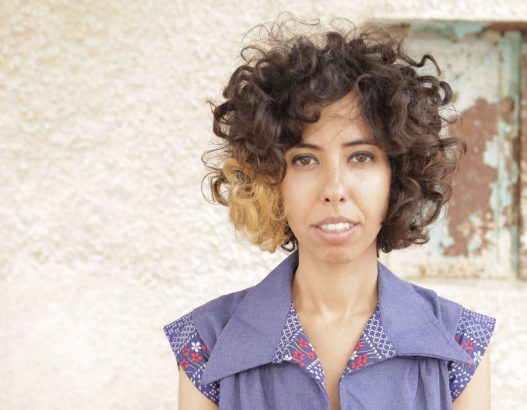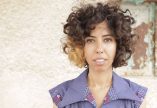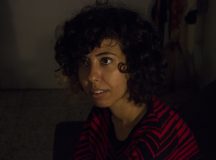In 2018, Fathom interviewed Adi Keissar, an Israeli poet of Yeminite descent and founder of Ars Poetica, a project which initiated a new wave of Mizrahi poetry. The project blends poetry readings and music with a Middle Eastern party. Since her first book of poetry Black on Black appeared in 2014, Keissar has published three additional collections. Referred to by Haaretz as the most influential poet working in Israel today, Keissar told Fathom her hopes for an Israel that could cope with a diversity of narratives and is not threatened by the idea of a meeting between cultures. She also discussed her work. ‘When I read poetry’, she said, ‘I want to feel something and be surprised. And I want to believe what I’m hearing.’
The poem below, written after the events of 7 October, indeed makes the reader feel. It was first published in Hebrew in late October 2023 in the literature and culture supplement of Yediot Ahronot. The translation is the author’s.
I’m not sure
if I could go back to life this time
A morning run, bike trip, party
without the face of the dead
haunting me
I’m not sure
if I could come back alive this time
An empty baby bed, a blanket
coloured red.
What I’m sure of
Automatic weapons, fire and smoke
shattered windows and a broken door
sirens going up and down
ashes and wreckage
The world is burning
and I am the flames
The hours blended
also, the days
At night came the dreams
and the mosquitos
to suck my skin
As from a hidden signal
swirled around me
all night
buzzed in the darkness
asked for my blood.
All through the night
the air stood still
between me and the world
not going in and not coming out
In the morning I opened a window
the sun was shining in the sky
the silence filled the empty streets
I’m not sure
if I could ever hear silence
that doesn’t hide a disaster within.


































